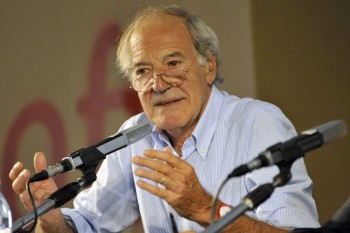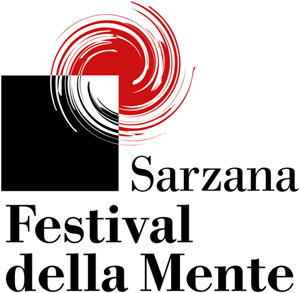2016 Programme
Event #1
Salvatore Veca
An idea of public space
The concept of public space is one of the fundamental components of democratic life. Generally speaking, when we think of democratic life, we think of a political system that hosts institutions, constitutional and common laws, provisions and shared choices. We consider these fundamental elements in in a pluralistic, representative democracy which, through rules, regulations and procedures, separates itself from autocratic, authoritarian regimes. However, while this depiction is certainly accurate, it is also incomplete. One of the crucial distinctive marks of democracy is the scope and wealth of its public space, where the quintessential democratic freedom is exercised – that of sharing with other citizens methods of evaluation and possible solutions to collective problems that pose opposite and contradicting issues. From this perspective, public space is a social space, rather than an institutional space. It is the space where citizenship is voiced. The space where unexpressed potential and unseen needs and hopes, which would otherwise be denied and left opaque, may come to light. A space which is rather full of dissonance and cacophony. Yet when the boundaries of this space are forbidden or restricted, when the practice of democratic liberty fails, or the costs for democracy’s access to public space become terribly high and unequal, then the quality of that democracy exhibits a significant, and sometimes grave, deficit. The central issue that surfaces is the alignment or disalignment of public and institutional space. Many deficits and mosts crises within contemporary democracy arise when the voices of citizenship within the public space – as a social space – find no correspondence within the institutional space where the provisional power that governs society is exercised.
teaches philosophy at the Istituto Superiore di Studi di Pavia, where he acted as vice-rector from 2005 to 2013. The honorary president of Fondazione Feltrinelli, he directed its Laboratorio Expo and curated the Carta di Milano expo 2015. He is president of Fondazione Campus di Lucca, of the Awards Committee of Fondazione Balzan and of the Casa della Cultura in Milan. He is a director of the publications Rivista di filosofia, Iride and the European journal of Philosophy. His latest books include: L’idea di incompletezza. Quattro lezioni (2011), L’immaginazione filosofica e altri saggi (2012), published by Feltrinelli; Un’idea di laicità (il Mulino, 2013); Non c’è alternativa. Falso (Laterza, 2014); La barca di Neurath. Sette saggi brevi (Edizioni della Normale, 2015); Il giardino di Camilla (Mursia, 2015).
Event #7
Alberto Mantovani
Immunity and the brain: a dialogue between two chief systems. From memory to vaccines.

Event #8Approfonditamente
Simona Argentieri, Stefano Gastaldi, Giovanna Montinari
New males: as teenagers, in couples, as fathers

Event #10
Ramak Fazel, Giorgio Vasta, Michele Lupi
Across the American deserts: a voyage through 20th century collective imagination

Event #15Approfonditamente
Paolo Boccara, Paola Carbone, Giuseppe Riefolo
The analyst at the movies: thinking by images

Event #25Approfonditamente
Paolo Cornaglia Ferraris, Giorgio Gazzolo, Nicola Gomirato, Gianvito Martino, Luca Pani, Enrico Valtellina
Asperger Talk Show

Event #30
Bruno Arpaia, Alessandro Zaccuri
The memory of space. The rubble of climate and rubbish in our homes

Event #31Approfonditamente
Alessandro Dal Lago, Serena Giordano, Ex Voto
Graffiti, tags and murals: when art extends to walls

Event #38
Paolo Rumiz, Alessandro Scillitani
The voice of the road. Words, sounds and images gathered along via Appia






















